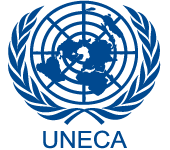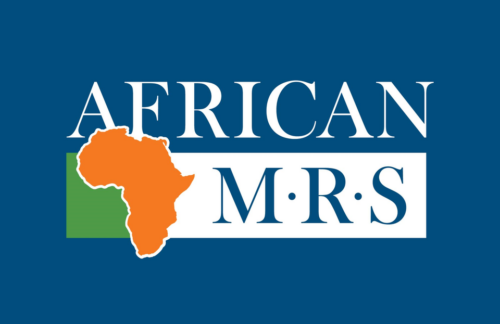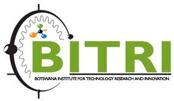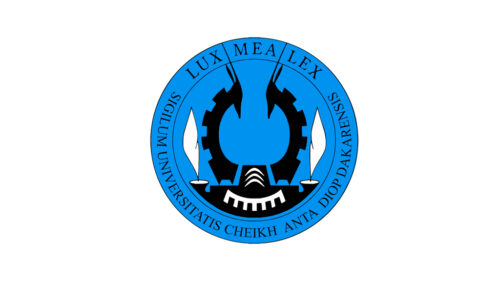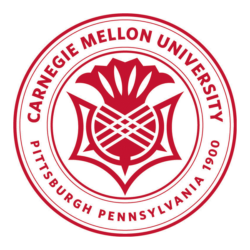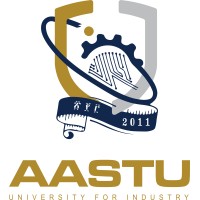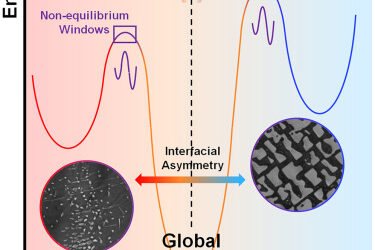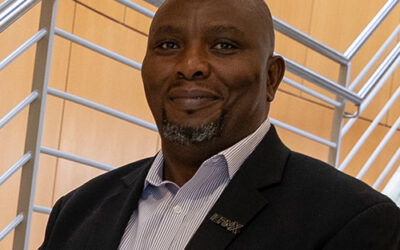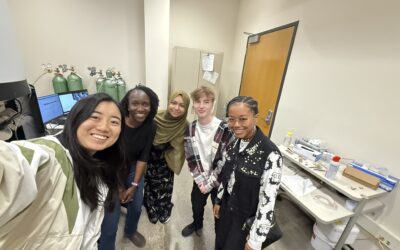Decoding Complexity, Engineering the Future.
Decoding Complexity, Engineering the Future.
Center for Complex Particle Systems (COMPASS)
Simple pathways to complex materials.
MISSION
We advance the design and manufacturing of complex materials with mission-critical combinations of ‘impossible’ properties for a secure and healthy future of the nation and the world.
VISION
By bridging the theory of graphs, physics of networks, science of self-assembly and artificial intelligence, we create scalable materials with controllable combinations of order and disorder to accelerate transformative solutions to technological challenges of today and tomorrow.
Research Focus Areas
Graph Theoretical Description of Colloids as Complex Systems
Graph-Based Functionality Metrics for Colloidal Particle Systems
Pathways to Complex Particle Systems
Implementation of Complex Particle Systems
Our Leadership

Nicholas A. Kotov
Director

Martin Thuo
Deputy Director

Elena della Valle
Managing Director
COMPASS News
Emergent Complexity in Non-Equilibrium Metal Alloys: Insights from the Work of Martin Thuo and Team
Understanding how complexity arises from seemingly simple, ordered states is central to materials science—and few systems illustrate this better than undercooled metal alloys. In recent work, Dr. Martin Thuo and collaborators, including Andrew Martin, Ph.D., explored...
Professor Martin Thuo Named African Male Researcher of the Month
We are proud to recognize Professor Martin Thuo, Deputy Director of COMPASS and faculty member at North Carolina State University, as the African Male Researcher of the Month for May 2025. Professor Thuo’s visionary work in nanotechnology, applied polymer science, and...
Kids Who Code hosted 3 students at NCRC for an MC2 Tour
Kids Who Code students local to the Ann Arbor and Detroit areas were invited to tour the North Campus Research Complex (NCRC) and the Michigan Center for Materials Characterization (MC2). Dr. Nancy Muyanja showcased how researchers study complex materials, including...
Our Partners
Academic
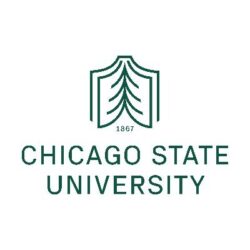



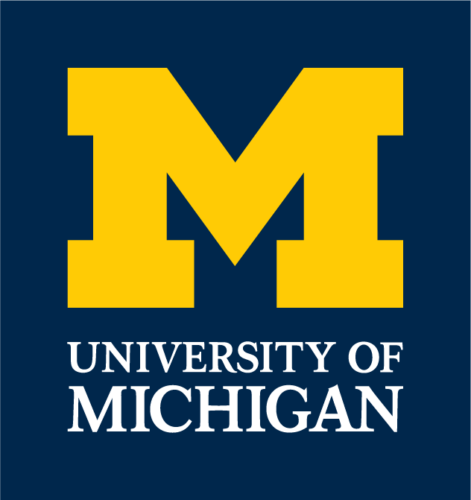
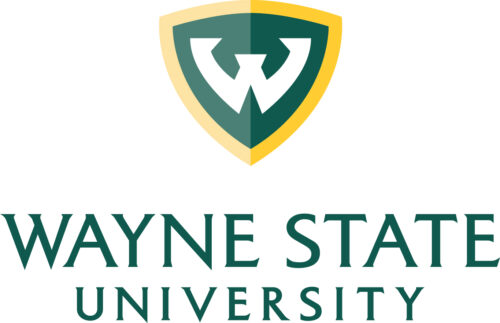
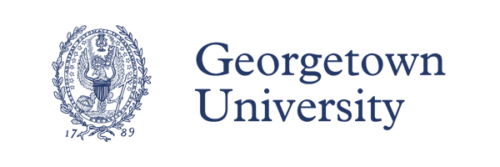
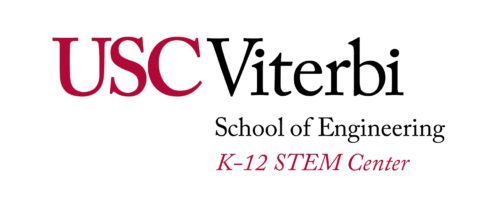
Knowledge Transfer
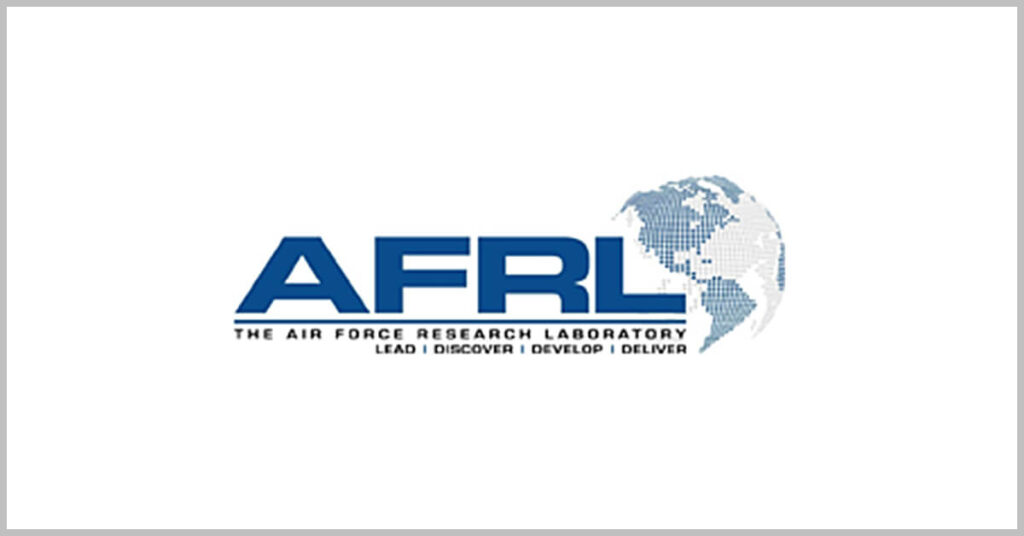
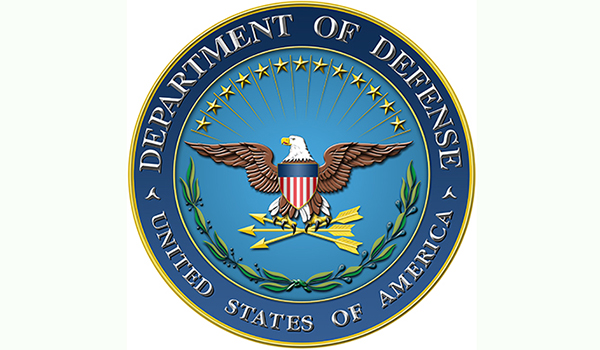

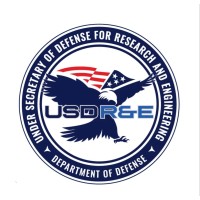

Global Impact
